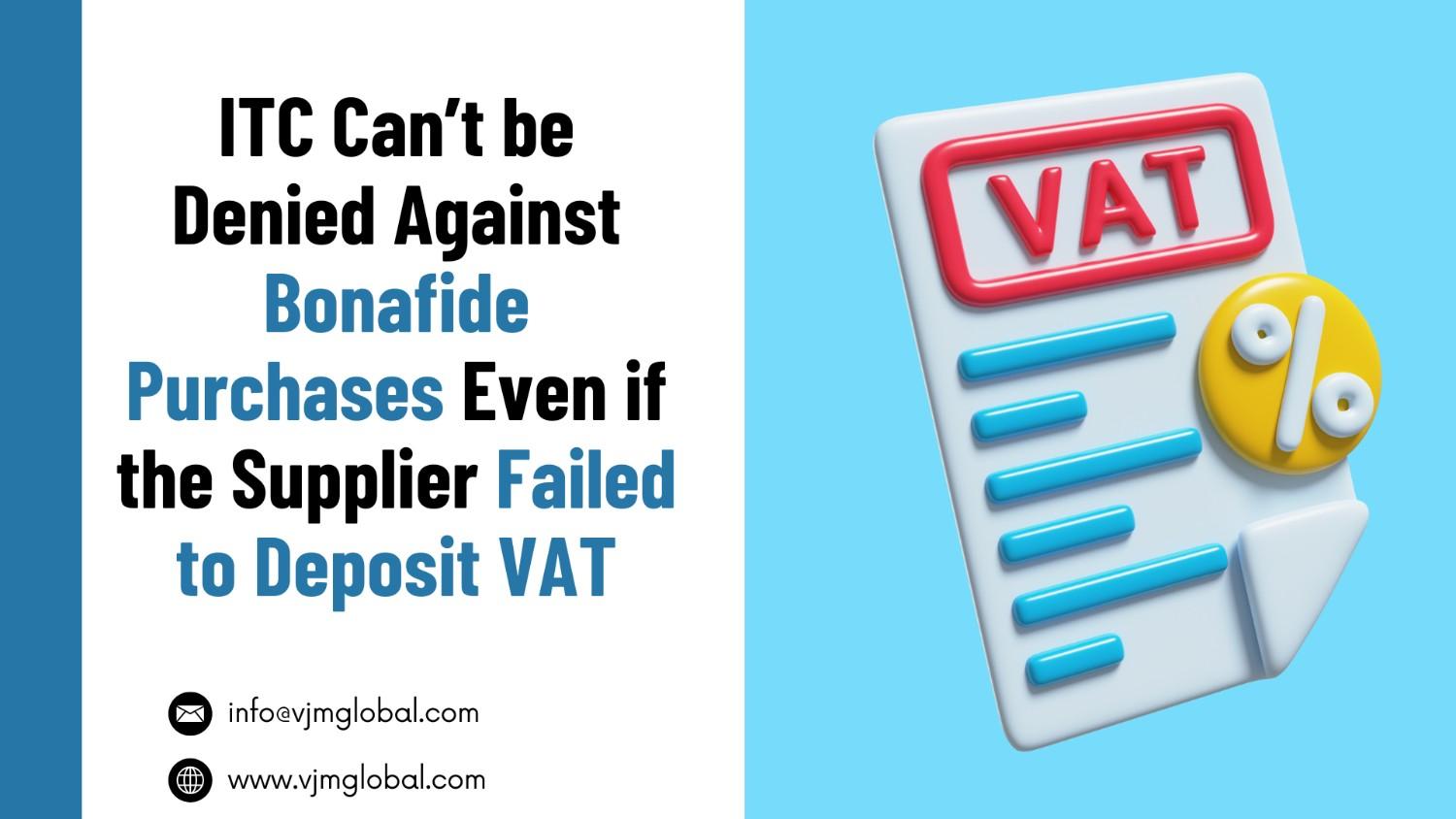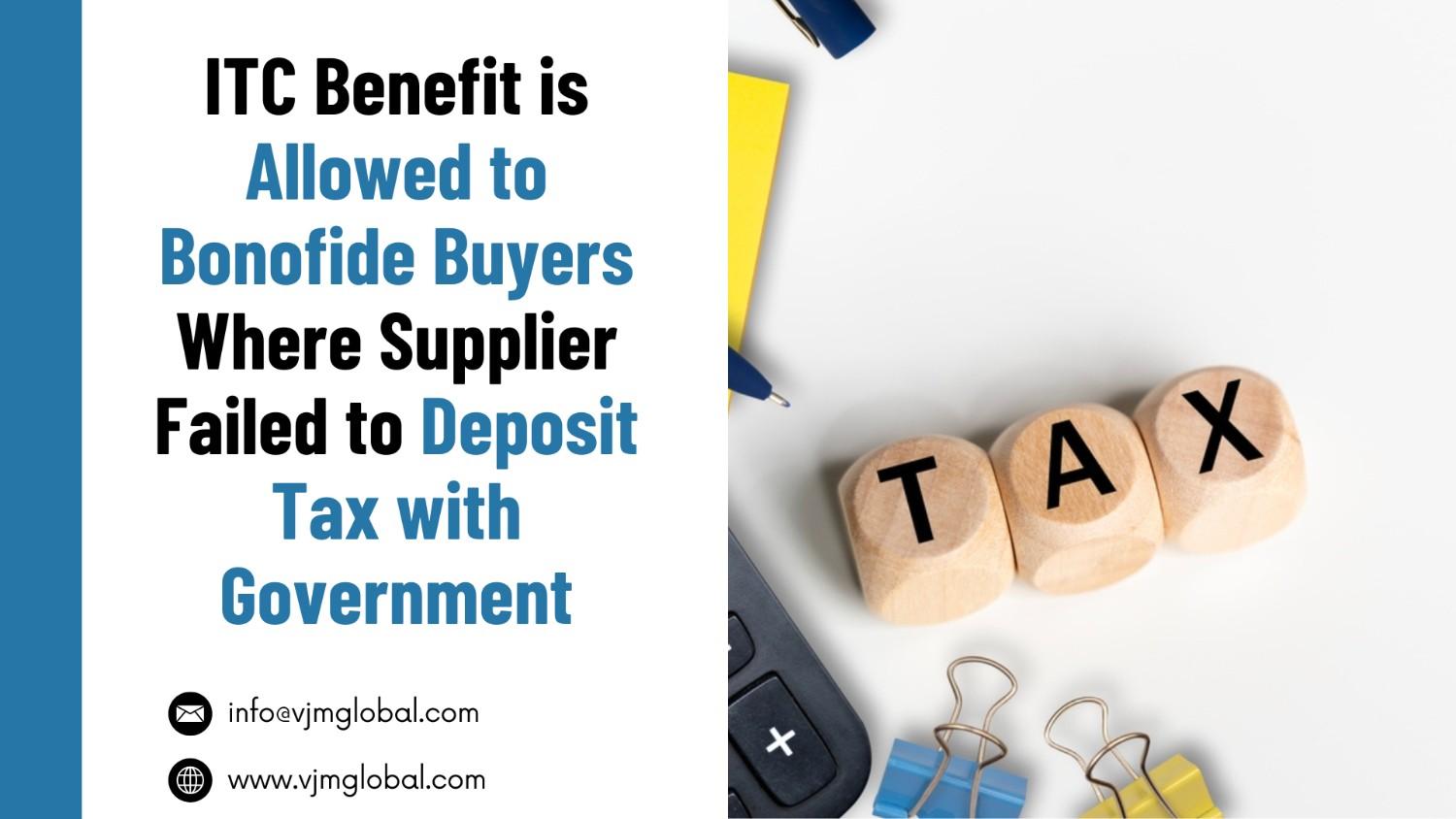The Construction/ Real Estate sector is one of the most critical sectors of the Indian economy due to its huge multiplier effect on the economy. This sector is the second-largest employer in India and the Second largest FDI Recipient sector for India for FY 2020-21. Any impact on the Real Estate sector has a direct bearing on economic growth.
Foreign Direct Investment (FDI) has played a crucial role in the development of the construction industry in India. With the government's efforts to promote ease of doing business, there has been a surge in FDI inflows in the construction sector. The construction sector is one of the largest contributors to India's GDP and the construction industry is expected to reach $1.4 Tn by 2025.
Due to the well-acknowledged need for foreign investments into this sector because of the sheer demand, the Foreign Direct Investment (FDI) route has attracted foreign investors' interest in this sector.
In the year 2005, Foreign Direct Investment (FDI) in the Construction Development sector in India was allowed up to 100% under the automatic route with specific terms and conditions which means that no government approval is required for FDI in this sector. The construction development sector includes townships, housing, the Construction development project sector and built-up infrastructure.
1. FDI Permitted in Construction Development: Townships, Housing & Built-up Infrastructure
As per latest Policy issued by the Department of Industrial Policy and Promotion (DIPP) vide ‘Consolidated FDI Policy Circular of 2020’, details of FDI policies on Construction development is given below:
FDI in Construction-Development Projects
| Sector |
% of Equity/ FDI Cap |
Entry Route |
|
Construction-development projects including development of townships,
construction of residential/commercial premises, roads or bridges, hotels, resorts,
hospitals, educational institutions, recreational facilities, city and regional
level infrastructure, townships
|
100% |
Automatic |
2. Terms and Conditions of FDI in Construction Industry
Each phase of the construction development project would be considered as a separate project for the purposes of FDI policy. The investment will be subject to the following conditions:
- The investor will be permitted to exit on completion of the project or after the development of trunk infrastructure i.e. roads, water supply, street lighting, drainage and sewerage.
- Completion of the project will be determined as per the local bye-laws/rules and other regulations of State Governments.
- Further, 100% FDI under automatic route is permitted into completed projects for operation and management of townships, malls/ shopping complexes and business centers.
Consequent to foreign investment, transfer of ownership and/or control of the investee company from residents to non-residents is also permitted.
However, a lock-in period of 3 years will be applicable and the same will be calculated with reference to each tranche of FDI. Accordingly, transfer of immovable property or part thereof is not permitted during this period.
- A foreign investor can exit the project and repatriate foreign investment under an automatic route before the completion of the project. However, a lock-in period of 3 years calculated with reference to each tranche of foreign investment has been completed.
Further, transfer of stake from one non-resident to another non-resident, without any repatriation of investment is not subject to any lock-in or prior RBI approval.
Note :
The lock-in period of 3 years will also not apply as follows:-
- Hotels & Tourist Resorts,
- Hospitals,
- Special Economic Zones,
- Educational Institutions,
- Old Age Homes and investment by NRIs.
- The project shall conform to the norms and standards, including land use requirements and provision of community amenities and common facilities, as laid down in the applicable building control regulations, bye-laws, rules, and other regulations of the State Government/Municipal/Local Body concerned.
- The Indian investee company will be permitted to sell only developed plots.
“Developed Plot” means where trunk infrastructure i.e. roads, water supply, street lighting, drainage and sewerage, have been made available.
- Indian Investee Company is responsible for obtaining all approvals including following:
- Approval for Building/layout plans, Developing internal and peripheral areas and Other infrastructure facilities;
- Payment of development, external development and other charges; and
- Complying with all other requirements as prescribed under applicable rules/bye- laws/regulations of the State Government/Municipal/Local government bodies.
- The State Government/Municipal/Local Body concerned, which approves the building/development plans, will monitor compliance of the above conditions by the developer.
- “Transfer", in relation to FDI policy on the sector, includes—
- The sale, exchange or relinquishment of the asset
- The extinguishment of any rights therein
- The compulsory acquisition thereof under any law
- Any transaction involving the allowing of the possession of any immovable property to be taken or retained in part performance of a contract of the nature referred to in section 53A of the Transfer of Property Act, 1882 (4 of 1882)
- Any transaction, by acquiring shares in a company or by way of any agreement or any arrangement or in any other manner whatsoever, which has the effect of transferring, or enabling the enjoyment of, any immovable property.
- It is important to note that, It has been clarified that real-estate broking service does not amount to real estate business and 100% foreign investment is allowed in the activity under automatic route.
3. Sectors where FDI is not permitted
- As per Consolidated FDI Policy, FDI is not permitted in an entity which is engaged or proposes to engage in:
- real estate business,
- construction of farmhouses and
- trading in transferable development rights (TDRs).
- As per Clause 5.1 of FDI policies, these sectors are prohibited for FDI.
- “Real estate business” means dealing in land and immovable property with a view to earning profit there from and it does not include construction and development of following:
- Townships,
- residential/ commercial premises
- Roads or bridges
- Educational institutions
- Recreational facilities
- City and regional level infrastructure, townships.
- However the earning of rent/ income on lease of the property, not amounting to transfer, does not amount to ‘Real Estate Business’.













